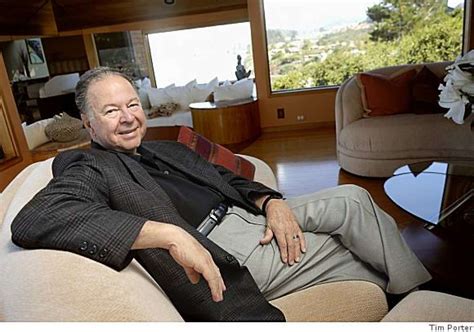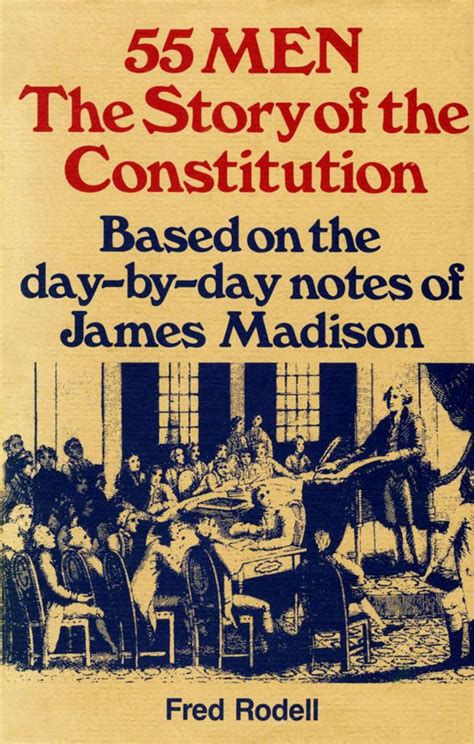A Quote by Carolyn Porco
The reasons why images are so primal and people immediately relate to it is that we are exquisitely engineered to interpret information that is arrayed in two dimensions. That's our eyesight. That's how our eye-brain system works. So it immediately feels to us when we look at an image like we have extended our senses.
Related Quotes
Images are so prevalent that we get most of our information from them. We receive multiple layers of meaning within a very short compact picture, and that is what the right brain does best. Indeed, as our culture becomes more image-based, we're balancing our hemispheres. Through this new re-wiring, we're becoming a much gentler and kinder society.
Money and prices and markets don't give us exact information about how much our suburbs, freeways, and spandex cost. Instead, everything else is giving us accurate information: our beleaguered air and watersheds, our overworked soils, our decimated inner cities. All of these provide information our prices should be giving us but do not.
New insights fail to get put into practice because they conflict with deeply held internal images of how the world works...images that limit us to familiar ways of thinking and acting. That is why the discipline of managing mental models - surfacing, testing, and improving our internal pictures of how the world works - promises to be a major breakthrough for learning organizations.
Nobody Beats Us! served as our main trigger... We practiced using trigger words, private verbal keys, which unlocked certain thoughts for us. We had a half-dozen phrases-some dealt with maintaining our technique, two dealt with maintaining our technique, two dealt with our stroke rating. The most powerful phrase was 'Nobody Beats Us!' According to our plan, when I said these words to Paul toward the end of the race, we would immediately shift into our final sprint, rowing as high and hard as possible, straight through, until we crossed the finish line.
For too many of us, it's become safer to retreat into our own bubbles, whether in our neighborhoods or on college campuses, or places of worship or especially our social media feeds, surrounded by people who look like us and share the same political outlook and never challenge our assumptions. And increasingly, we become so secure in our bubbles that we start accepting only information, whether it's true or not, that fits our opinions, instead of basing our opinions on the evidence that is out there.
That is why we need to travel. If we don't offer ourself to the unknown, our senses dull. Our world becomes small and we lose our sense of wonder. Our eyes don't lift to the horizon; our ears don't hear the sounds around us. The edge is off our experience, and we pass our days in a routine that is both comfortable and limiting. We wake up one day and find that we have lost our dreams in order to protect our days.
It is the lawyers who run our civilization for us -- our governments, our business, our private lives. Most legislators are lawyers; they make our laws. Most presidents, governors, commissioners, along with their advisers and brain-trusters are lawyers; they administer our laws. All the judges are lawyers; they interpret and enforce our laws. There is no separation of powers where the lawyers are concerned. There is only a concentration of all government power -- in the lawyers.
An important verity about knowledge is that the brain works most effectively with consciously retained information. We more easily remember what we want to recall later. When we feed our fourteen billion brain cells with information that will enrich us and help others, we are really learning to Think Big.





































